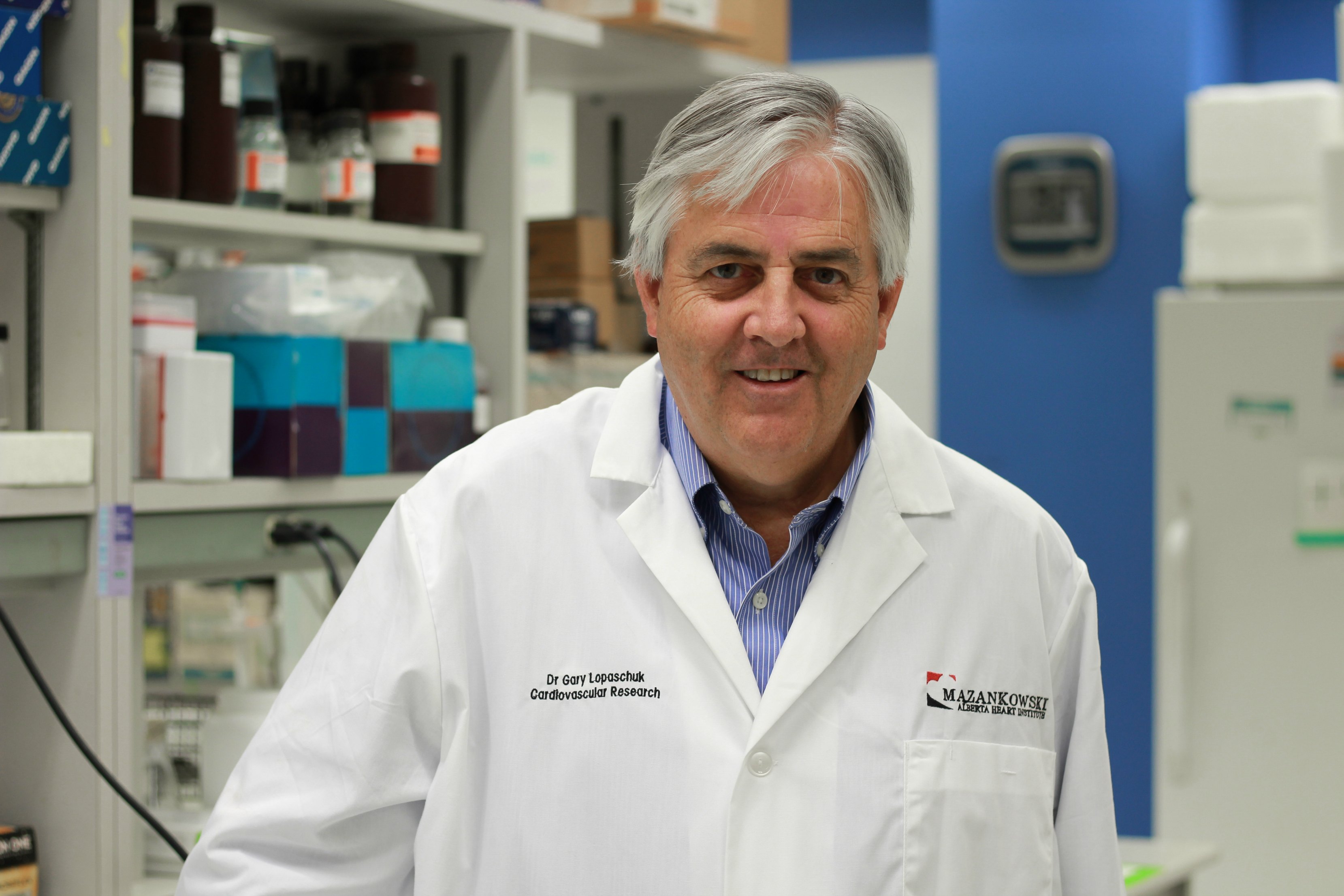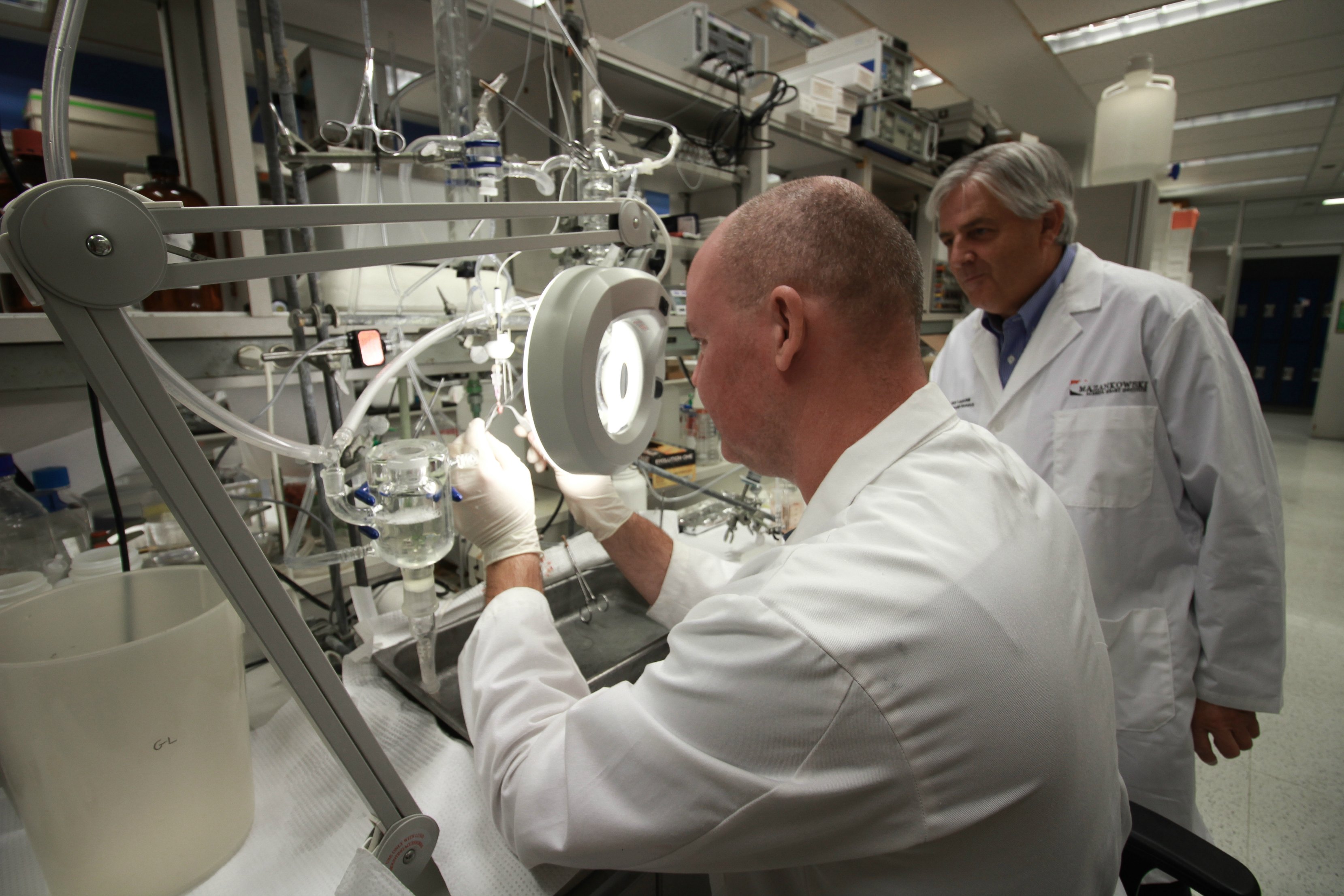
Gary Lopaschuk has been awarded a Canadian Institutes of Health Research Foundation Grant worth more than $2.7 million to better harness and direct the energy used by the heart.
For professor Gary Lopaschuk, the heart is always on his mind. For more than 30 years Lopaschuk has explored the intricacies of what makes it tick, in hopes of helping people suffering from heart problems.
With decades of research behind him, the University of Alberta professor's efforts are being rewarded. His work is getting a major push with the help of a Canadian Institutes of Health Research (CIHR) Foundation Grant worth more than $2.7 million over seven years. The grant will help Lopaschuk establish a connected program of research at the U of A encompassing multiple projects to better harness and direct the energy used by the heart.
"I find it fascinating. The heart has this amazing ability to be flexible and use whatever energy it can get. Even under extreme conditions. It can adapt to any kind of scenario," said Lopaschuk, a distinguished professor in the U of A's Department of Pediatrics. "But in almost every form of heart disease, something goes wrong with energy metabolism."
With the help of the grant, Lopaschuk's team hopes to better understand the underlying molecular mechanisms that lead to heart problems. According to Lopaschuk, many of the issues experienced by those with heart problems stem from the primary type of fuel used by the organ for energy-fatty acids.

"There is one energy supply everybody has lots of, and that is fat. But the heart is an omnivore. It will use any kind of fuel you give it," said Lopaschuk. "Unfortunately in many forms of heart disease, the heart switches to using too much fat because it sees itself as being stressed and needing this source of fuel. The problem is that fats are an inefficient source of fuel, and if you use too much during a heart attack or during heart failure you actually contribute to the severity of the heart disease."
"The heart doesn't know that using an excessive amount of fat is bad news for it. It just knows that it needs energy, so it turns on these processes that make it use more fat, which is a downhill slope."
By identifying the mechanisms that cause the heart to excessively use fatty acids for fuel, Lopaschuk hopes researchers could then use those same mechanisms as a therapeutic target. This could potentially lessen the severity of heart disease in patients by improving heart function.
While much of his work remains in the lab, Lopaschuk says the end goal is always to bring it to the patient. With the Foundation grant in place, his goal is growing closer by the day.